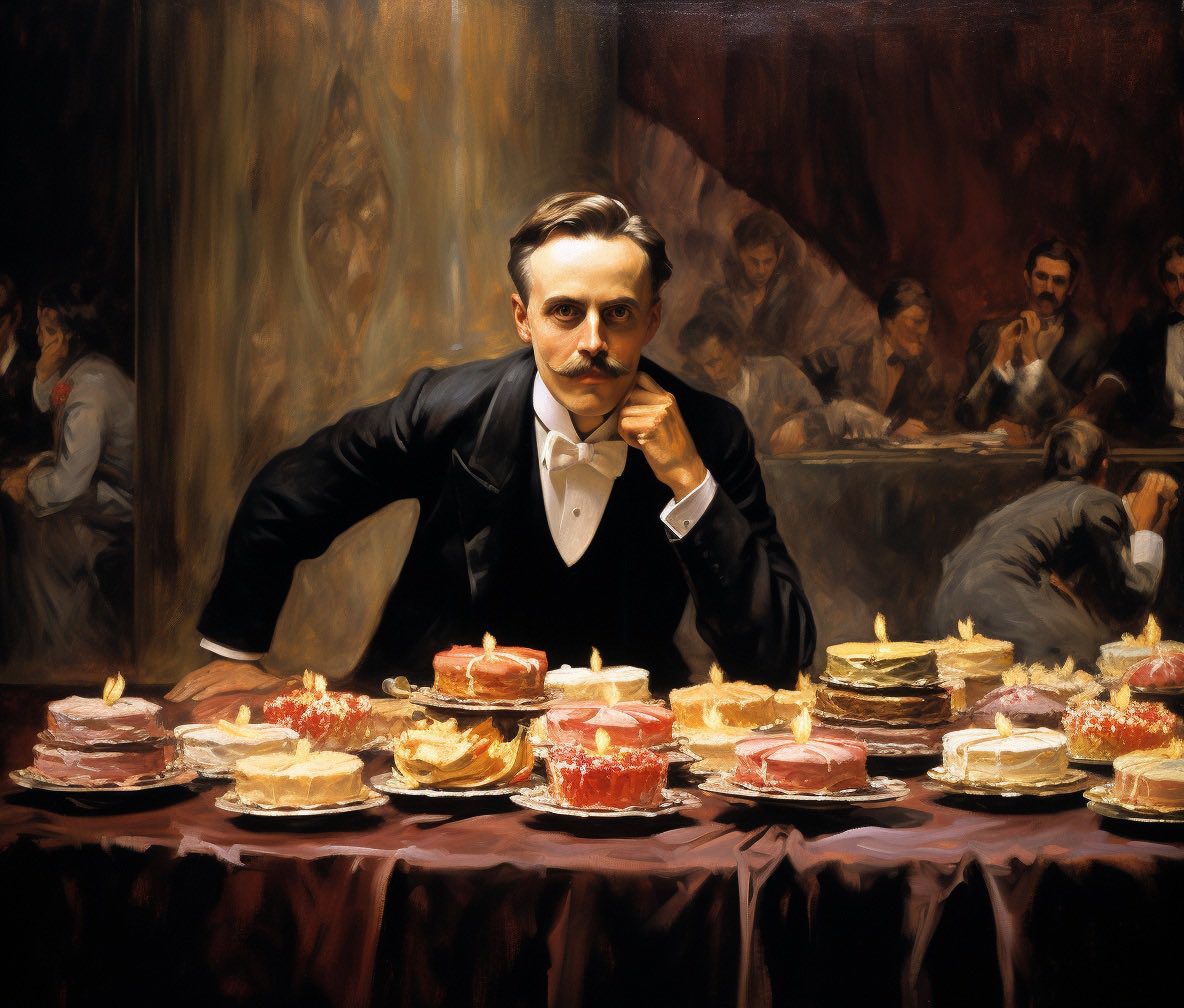These ten plays have revolutionized theater in various ways, challenging traditional norms and pushing the boundaries of storytelling. From Samuel Beckett’s absurdist Waiting for Godot to Lorraine Hansberry’s exploration of race in A Raisin in the Sun, each play has had a significant impact on the world of theater. Tony Kushner’s Angels in America tackled the AIDS crisis with a mix of fantasy and reality, while Edward Albee’s Who’s Afraid of Virginia Woolf? shocked audiences with its raw portrayal of marriage. These plays, along with others like The Glass Menagerie and Death of a Salesman, continue to inspire new generations of playwrights and audiences alike.
1. Waiting for Godot by Samuel Beckett
Waiting for Godot, written by Samuel Beckett in 1953, is a groundbreaking play that revolutionized theater by challenging traditional notions of plot and character development. The play features two characters, Vladimir and Estragon, who wait endlessly for the arrival of someone named Godot, who never shows up. With its minimalist setting and absurdist dialogue, Waiting for Godot pushed the boundaries of what theater could be and inspired countless playwrights to experiment with form and content.
2. A Raisin in the Sun by Lorraine Hansberry
A Raisin in the Sun, written by Lorraine Hansberry in 1959, was the first play on Broadway to be written by an African American woman. The play explores the experiences of a black family living in Chicago and tackles issues of race, identity, and the American dream. A Raisin in the Sun revolutionized theater by bringing the struggles of African Americans to the forefront of the stage and sparking important conversations about representation and diversity in the arts.
3. Angels in America by Tony Kushner
Angels in America, written by Tony Kushner in the early 1990s, is a two-part epic play that explores the AIDS crisis and its impact on the gay community in America. The play revolutionized theater by blending realism with elements of fantasy and spirituality, creating a powerful and emotional portrait of a community in crisis. Angels in America won numerous awards, including the Pulitzer Prize for Drama, and solidified Kushner’s reputation as one of the most important playwrights of his generation.
4. Who’s Afraid of Virginia Woolf? by Edward Albee
Who’s Afraid of Virginia Woolf?, written by Edward Albee in 1962, is a groundbreaking play that revolutionized theater by pushing the boundaries of what was considered acceptable for the stage. The play explores the dysfunctional relationship between a middle-aged couple, George and Martha, and features explicit language and themes of infidelity and alcoholism. Who’s Afraid of Virginia Woolf? shocked audiences with its raw and unflinching portrayal of marriage and has since become a classic of American theater.
5. The Glass Menagerie by Tennessee Williams
The Glass Menagerie, written by Tennessee Williams in 1944, is a semi-autobiographical play that revolutionized theater with its innovative use of memory and storytelling. The play follows the Wingfield family as they struggle to cope with the pressures of everyday life, and is narrated by Tom, the son of the family. The Glass Menagerie broke new ground by blending elements of realism with poetic language and symbolism, creating a dreamlike and emotionally charged theatrical experience.
6. Six Characters in Search of an Author by Luigi Pirandello
Six Characters in Search of an Author, written by Luigi Pirandello in 1921, is a groundbreaking play that revolutionized theater by challenging traditional notions of reality and fiction. The play tells the story of six characters who appear in the middle of a rehearsal for a play and demand that the director stage their own unfinished drama. Six Characters in Search of an Author is considered a masterpiece of meta-theatricality and has inspired countless playwrights to experiment with form and narrative structure.
7. Death of a Salesman by Arthur Miller
Death of a Salesman, written by Arthur Miller in 1949, is a seminal work of American theater that revolutionized the way we think about the American dream. The play follows the life of Willy Loman, a struggling salesman who is trying to provide for his family while grappling with feelings of failure and disillusionment. Death of a Salesman broke new ground by exploring themes of identity, family, and the harsh realities of the capitalist system, and has since become a classic of modern drama.
8. The Importance of Being Earnest by Oscar Wilde
The Importance of Being Earnest, written by Oscar Wilde in 1895, is a revolutionary play that transformed the landscape of comedy in theater. The play satirizes the absurdities of Victorian society through its witty dialogue and farcical plot, and remains one of the most beloved and frequently performed plays in the English language. The Importance of Being Earnest revolutionized theater by introducing a new style of comedy that was sophisticated, clever, and endlessly entertaining.
9. Fences by August Wilson
Fences, written by August Wilson in 1985, is a powerful play that revolutionized theater by giving a voice to the African American experience in America. The play tells the story of Troy Maxson, a former baseball player who struggles to provide for his family in 1950s Pittsburgh, and explores themes of race, identity, and generational trauma. Fences is the sixth play in Wilson’s groundbreaking Pittsburgh Cycle, a series of ten plays that chronicled the African American experience in each decade of the 20th century.
10. The Threepenny Opera by Bertolt Brecht
The Threepenny Opera, written by Bertolt Brecht in collaboration with composer Kurt Weill in 1928, is a revolutionary work of musical theater that broke new ground in its blending of political satire and popular entertainment. The play is a reimagining of John Gay’s The Beggar’s Opera and tells the story of the notorious criminal Macheath, known as Mack the Knife. The Threepenny Opera revolutionized theater by combining elements of opera, cabaret, and political commentary, and remains one of the most important works of 20th-century theater.
